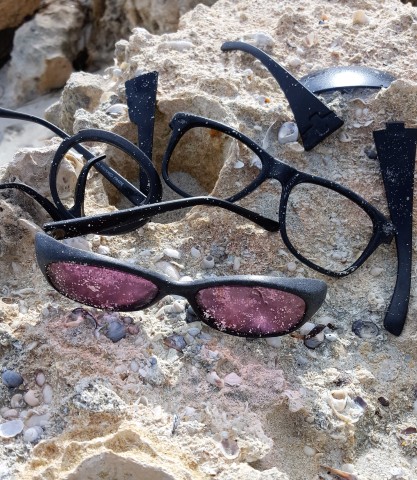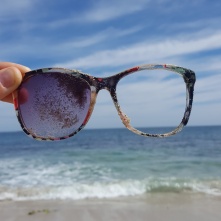The kids I work with that come from refugee backgrounds have my full admiration. They are a delight to teach and show strength, flexibility, bravery, enthusiasm and the ability to embrace the country and people that has offered them this chance of a new life.
It amazes me that there is so much negative imagery and messaging about people who have had to flee their homeland. For most of them, there is no going back to the places from where they have escaped in fear of their lives – at least not for many years. If we could really empathise and put ourselves in their shoes (if they have any) then perhaps we might show more compassion.
In 2017, 68.5 million people were forced to flee their homes. Of those, 40 million were internally displaced, 25.4 million were refugees and 3.1 million were asylum seekers. They were forced to flee because of war, persecution, natural disasters, environmental crises and poverty. We see so many people seeking asylum around the world and the so-called ‘first world’ countries are quick to complain that many are simply economic migrants and their status is nothing to do with fear. In a time when money speaks louder than compassion, countries like Australia spend more money on protecting their borders than welcoming refugees. People often believe that their country takes a fair share of refugees; those who arrive through the ‘proper’ channels and are proven to be refugees, a process that can take many years while living in a refugee camp where they can be susceptible to bribery and ‘favours’. Yet it is less affluent countries who are more likely to host refugees.
‘Turkey, Pakistan and Uganda host 31 percent of the world’s refugees. The highest concentration of refugees is in Lebanon, where one in six people is a refugee, primarily from Syria.’ UNHCR 2018.
Those quick to complain that refugees are simply economic migrants, fraudsters and ‘shouldn’t be travelling without documents to prove who they are’, seem indifferent to the circumstances that force someone to flee their home. If your house is burning, guns are firing, women and girls are being raped, or there has been extended drought and you and your family are starving, wouldn’t you flee? Would you pause to make sure you have your documents, even if you actually possessed any? Wouldn’t you use all your money and capacity to move yourself or your family somewhere safe?
It is a complex and political problem. Wars and persecution on the grounds of religion, ethnicity and race will always happen. Drought and internal displacement of people will increase with climate change, and there will always be refugees and migrants. Yet there is an inequality in who is allowed to travel to a country for a new beginning. Why is a doctor from Vietnam lower down the pecking order than one from France or Australia? Is it because their qualification is seen as lesser or are there other factors at play?
If we could support the countries where these so-called economic refugees come from, namely poor developing countries, rather than spending millions on ‘border-control’, surely that would make more economic sense. If their homeland offered prospects for them, micro financing for small businesses, a living wage and safety, wouldn’t they prefer to stay there? Would that be enough to prevent many of the fatalities we are witnessing in the Mediterranean and other seas?
My thoughts go back to the children, the lucky ones who made it to our shores, the lucky ones who escaped violence and war, the lucky ones who weren’t sent to languish on island prisons in the pacific ocean.
Who would be a refugee?
Refugee children in Australia – the ‘lucky’ ones.
















You must be logged in to post a comment.